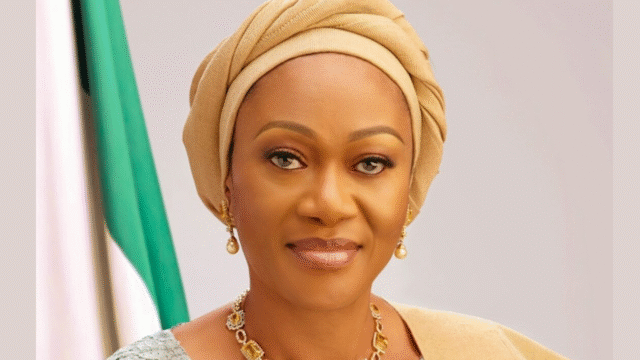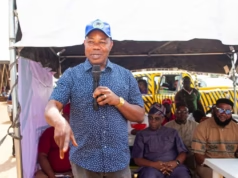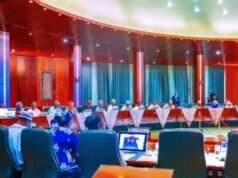Her Excellency, Nigeria’s First Lady, Senator Oluremi Tinubu, has once again placed the girl child at the centre of her vision for national transformation, advocating for accessible, quality education and protection from societal ills. Speaking recently at the Maryam Babangida Women Development Centre in Abuja, she underlined education as the primary tool to liberate girls from discrimination, violence, and poverty.
The event, commemorating the 2023 International Day of the Girl Child under the theme “Invest in Girls’ Rights: Our Leadership and Our Well‑Being,” drew attention to the staggering challenges female youths continue to face across Nigeria. Senator Tinubu noted the troubling reality of educational exclusion, violence, and healthcare disparities confronting many girls and urged all stakeholders to ensure every girl receives a quality education and a safe environment to thrive
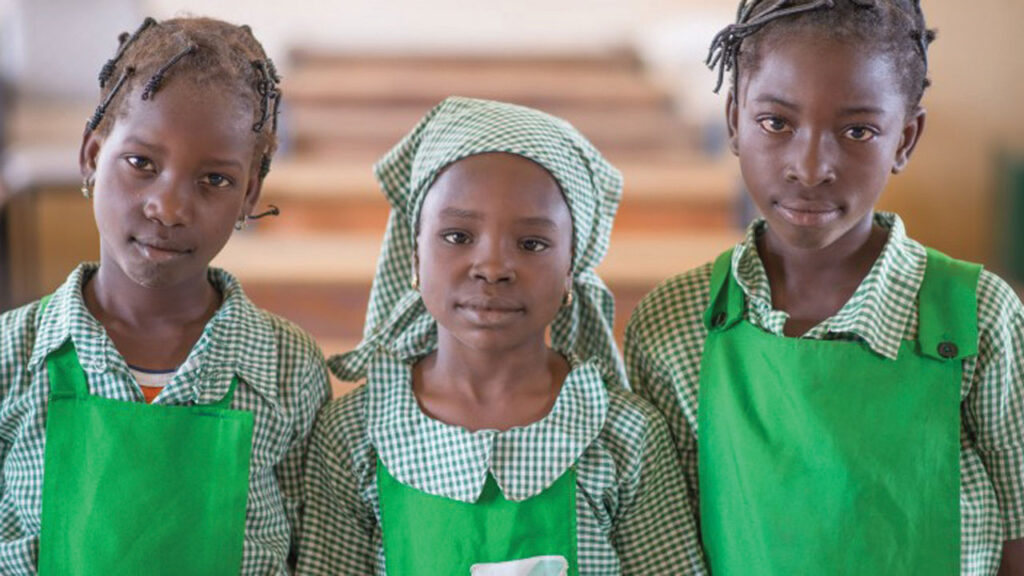
Key to her message was the notion that education is the cornerstone of national development. “They are the leaders of today; therefore, it is high time we broke down the barriers that have held them back for long, and education is the key weapon that we must use,” she emphasised. Her message echoed throughout the event: When girls learn, nations prosper.
Senator Tinubu also spotlighted her Renewed Hope Initiative (RHI), an NGO committed to promoting girl‑child education. Under the RHI banner, she has supported alternative high school programmes designed to ensure that girls who may have missed out on traditional schooling paths can still access education. She called on well‑meaning Nigerians to help protect girls from violence—including child labour, child‑trafficking, and child‑marriage—and to support mentorship programmes that help girls discover and use their voices.
The First Lady’s activism is part of a broader pan‑African campaign. As a member of the Organisation of African First Ladies for Development (OAFLAD), she recently launched the #WeAreEqual campaign across 15 countries, with Nigeria’s focus on “Education as a Powerful Tool for Change.” At the May 2024 launch at Aso Rock, President Bola Tinubu congratulated her leadership and praised the campaign’s emphasis on gender equity in education.
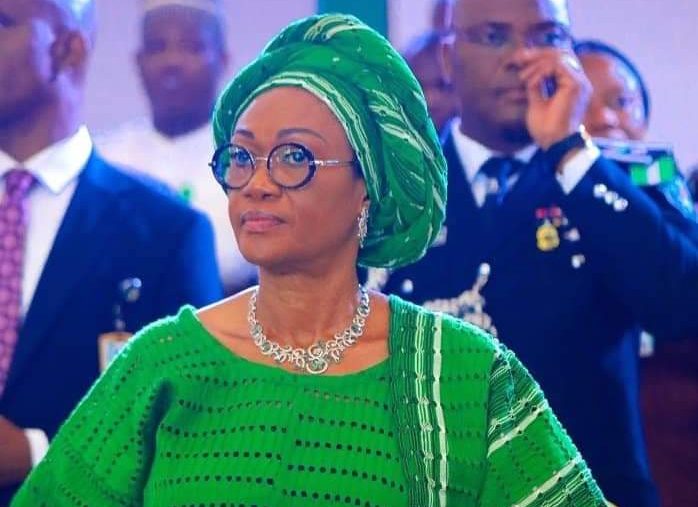
At the Kwara State level, First Lady Ambassador Olufolake AbdulRazaq has mirrored this national commitment, calling for equal educational access regardless of socio‑economic background. At a January 2025 event in Ilorin, she distributed school materials—bags, uniforms and books—to 700 students across 14 schools. Represented by state officials, she recommitted to aligning with Nigeria’s Ten‑Year Strategic Development Plan and the UN Sustainable Development Goals.
Her call extended beyond infrastructure: she urged girls to stay focused academically and counselled the government to mainstream girls’ needs in educational policy. Organisers from the Havilah Foundation and Chidimma Foundation pledged to continue supporting adolescent girls through advocacy, structural improvements, and inclusive projects. They emphasised the importance of media partnerships and community engagement in sustaining this momentum.
Success stories across Nigeria’s states reinforce the call for partners to join in championing girls’ education. In Bauchi State, First Lady Hajiya Aisha Bala Mohammed received commendation from the Northern Women and Youth Empowerment Monitors for spearheading scholarship programmes and vocational training for girls—an acknowledgement of her role as a “champion for gender equality and women’s empowerment”.
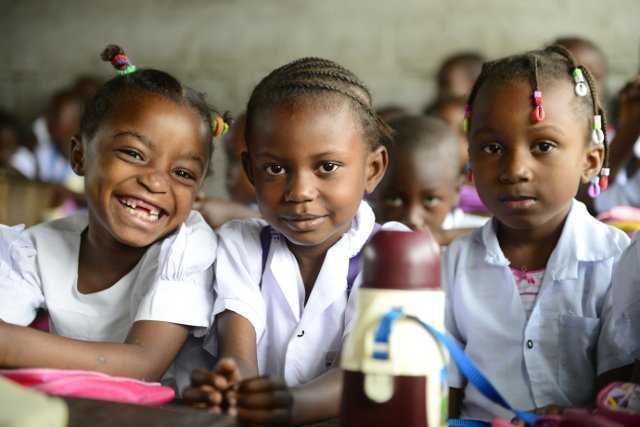
At the national level, Senator Tinubu has injected substantial funds into university‑level support for female students. In December 2024, she expanded an educational endowment fund at Obafemi Awolowo University to ₦200 million, allocating cash awards for top female graduates in biology and mathematics education, building both academic excellence and leadership capacity within higher education.
Senator Tinubu’s vision is clear: no girl must be left behind. During the inauguration of an Alternative High School for Girls in Osogbo in December 2024, she declared that education must be transformative and inclusive: “No girl should be left behind… this is another chance, another opportunity, and you must believe in yourself,” she said. This school, part of a six‑state pilot under the Renewed Hope Initiative, features vocational training, childcare support, and flexible schedules—targeted solutions for girls who might otherwise drop out.
These interwoven efforts—ranging from grassroots supply drives to impactful funding and policy advocacy—paint a vivid picture of First Lady Tinubu’s commitment. Her work, alongside other First Ladies in Nigeria and across Africa, is not occasional goodwill, but a sustained campaign rooted in rights, opportunity, and equity.
As she continues to speak out, rally resources, and unite governments, civil society, families, and communities, the future she champions grows brighter. Indeed, with advocates like her at the helm, every Nigerian girl stands a stronger chance to learn, lead, and contribute to her nation’s transformation.
Join Our Social Media Channels:
WhatsApp: NaijaEyes
Facebook: NaijaEyes
Twitter: NaijaEyes
Instagram: NaijaEyes
TikTok: NaijaEyes
READ THE LATEST EDUCATION NEWS


